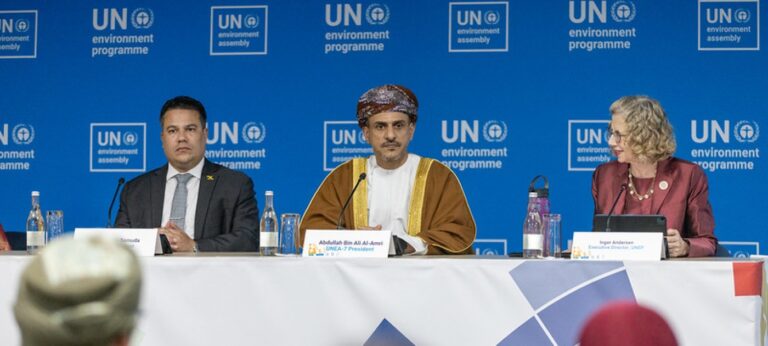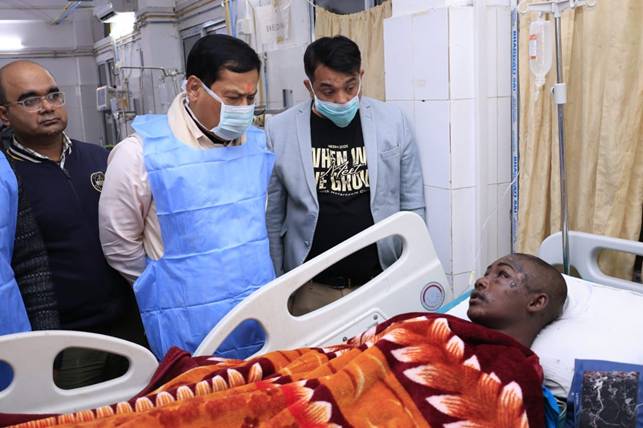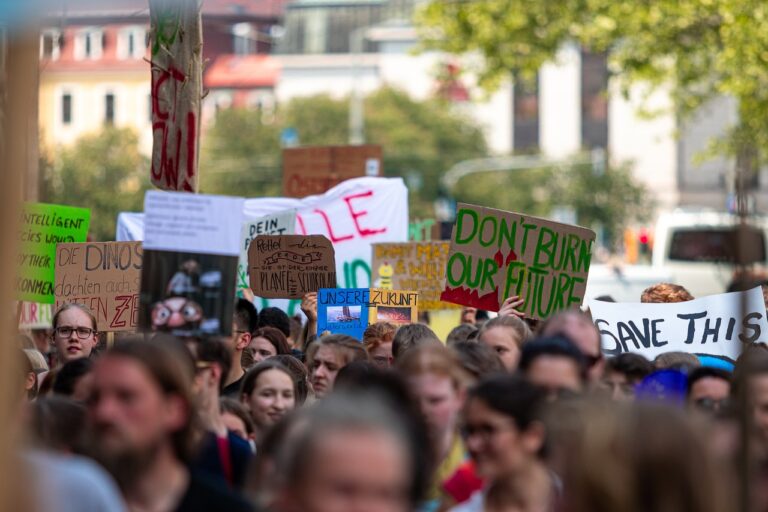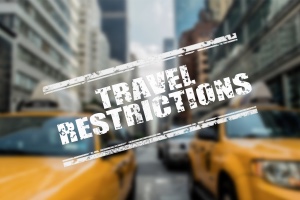
Geneva: The tenth meeting of the Emergency Committee of World Health Organization (WHO) has advised to lift or ease international traffic bans as they do not provide added value and continue to contribute to the economic and social stress experienced by States Parties, WHO stated here today, January 19, 2022.
“The failure of travel restrictions introduced after the detection and reporting of Omicron variant to limit international spread of Omicron demonstrates the ineffectiveness of such measures over time,” it stated. The Emergency Committee meeting was convened by the World Health Organization (WHO) Director-General under the International Health Regulations (2005) (IHR) regarding the coronavirus disease (COVID-19) pandemic on Thursday January 13, 2022.
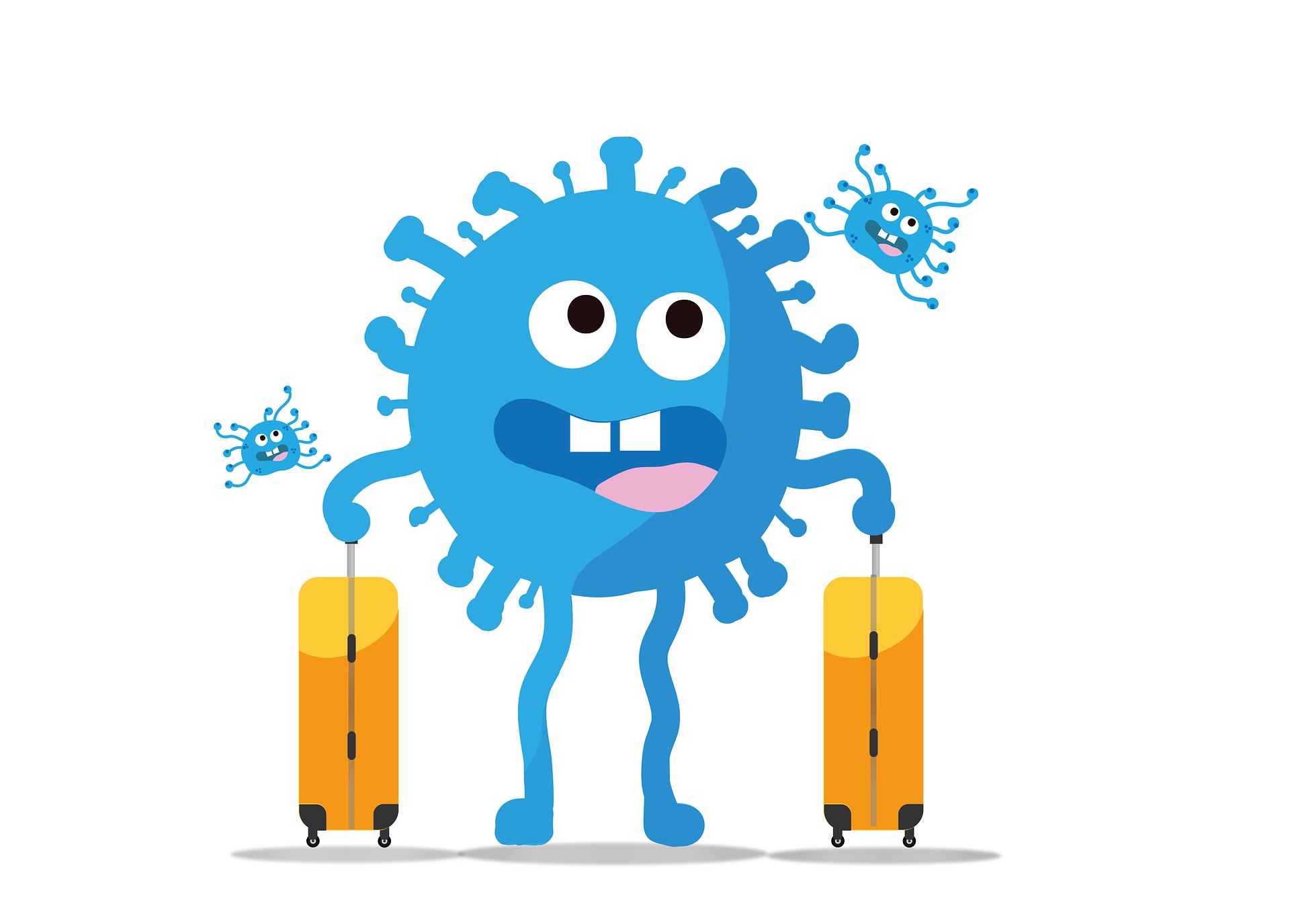 It recommended that travel measures (e.g. masking, testing, isolation/quarantine, and vaccination) should be based on risk assessments and avoid placing the financial burden on international travellers in accordance with Article 40 of the IHR.
It recommended that travel measures (e.g. masking, testing, isolation/quarantine, and vaccination) should be based on risk assessments and avoid placing the financial burden on international travellers in accordance with Article 40 of the IHR.
The Committee also said that proof of vaccination against COVID-19 for international travel as the only pathway or condition permitting international travel was not required given limited global access and inequitable distribution of COVID-19 vaccines.
State Parties should consider a risk-based approach to the facilitation of international travel by lifting or modifying measures, such as testing and/or quarantine requirements, when appropriate, in accordance with the WHO guidance.
The Final Statement on the tenth meeting further stated that while current vaccines continue to be effective in reducing risk of severe disease and death due to COVID-19, they do not completely eliminate the risk of transmission of SARS-CoV-2 (all variants).
A coordinated global strategy is critical for assuring protection of high-risk populations everywhere, with particular focus in countries that have low vaccination rates, especially those with a rate below 10%, it said.
To derive the optimal vaccination strategy for reducing infection, morbidity and mortality, the Committee stressed the importance of coordinating research on heterologous vaccine combinations, considering also the natural immunity following infection, and the need for manufacturers to produce and share the relevant data.
In addition, the Committee noted the importance of expediting research and development on novel vaccine technologies. The current vaccination technology is dependent on syringes which are in limited supply, presenting a significant logistical and programmatic burden. Rapid development of alternative vaccine formulations, such as intranasal vaccines, could increase the ease of delivery in low resource and/or hard to reach areas.
The temporary recommendations of the committee
The Committee identified the following actions as critical for all countries:
- Continue to use evidence-informed public health and social measures, therapeutics, diagnostics, and vaccines for COVID-19, and to share response experiences with WHO.
- Take a risk-based approach to mass gathering events by evaluating, mitigating, and communicating risks.
- Achieve the WHO call to action to have at least 70% of all countries’ populations vaccinated by the start of July 2022 and integrate COVID-19 vaccination into routine health services.
- Enhance surveillance of SARS-CoV-2 and continue to report to WHO to enable rapid identification, tracking, and evaluation of variants and continued monitoring of the pandemic’s evolution and its control.
- States Parties should ensure that there is sufficient surge capacity for critical SARS-CoV-2 clinical care and post COVID-19 condition, and for the maintenance of essential health services, and should plan for the restoration of health services at all levels with sufficient funding, supplies, and human resources.
- Lift or ease international traffic bans as they do not provide added value and continue to contribute to the economic and social stress experienced by States Parties.
- Do NOT require proof of vaccination against COVID-19 for international travel as the only pathway or condition permitting international travel given limited global access and inequitable distribution of COVID-19 vaccines.
- Recognize all vaccines that have received WHO Emergency Use Listing and all heterologous vaccine combinations as per SAGE recommendations, including in the context of international travel.
- Address community engagement and communications gaps and challenges posed by infodemics at national and local levels to reduce COVID-19 transmission, counter misinformation and threats to frontline workers, and improve COVID-19 vaccine acceptance, where applicable.
- Support timely uptake and monitoring of WHO recommended therapeutics by addressing challenges with accessibility and appropriate use.
- Conduct epidemiological investigations of SARS-CoV-2 transmission at the human-animal interface and targeted surveillance on potential animal hosts and reservoirs. Real time monitoring and data sharing on SARS-Cov-2 infection, transmission and evolution in animals will assist global understanding of the virus epidemiology and ecology, the potential for evolution of new variants in animal populations, their timely identification, and assessment of their public health risks.
– global bihari bureau


